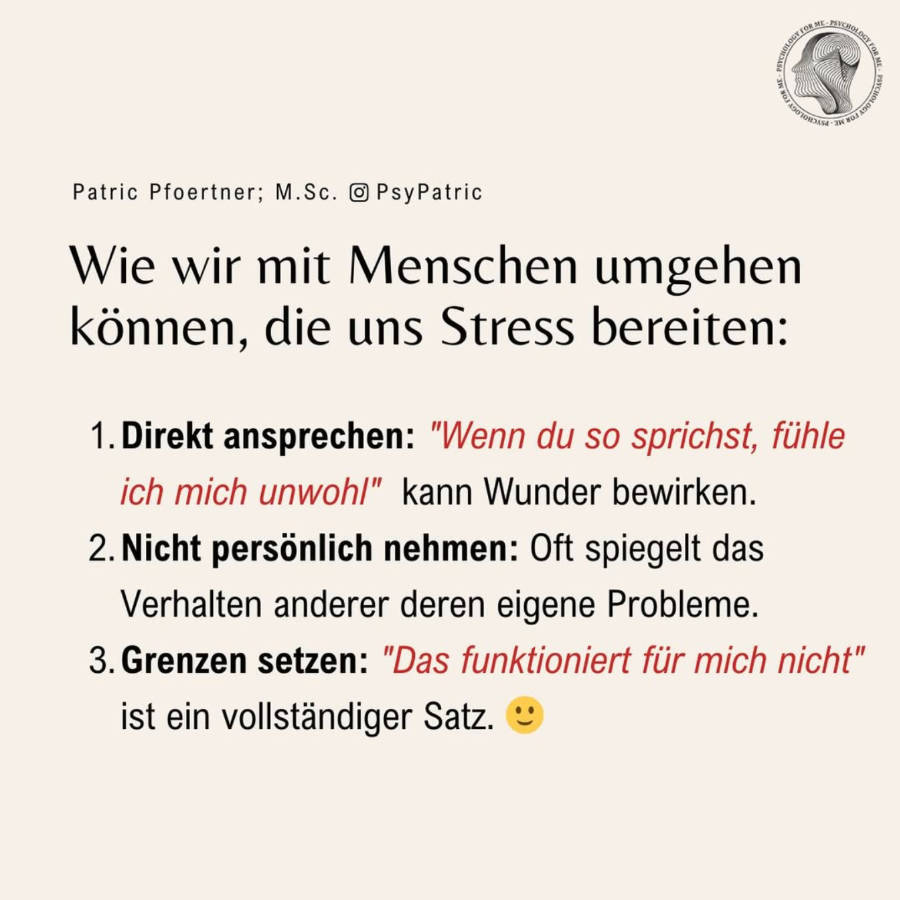Understanding Emotional Hurt: A Path to Resilience
As a psychologist, I often encounter individuals struggling with feelings of emotional hurt – a profound sense of being offended, disrespected, or let down by others. This experience, known as 'Kränkung' in German psychology, can significantly impact our daily lives, relationships, and overall well-being. It's a common human experience to feel hurt, but for some, these feelings can become chronic, leading to distress and affecting how they interact with the world.
Our self-assessment test is designed to help you explore your patterns of emotional sensitivity and how you navigate situations that might evoke feelings of being hurt. It's a starting point for self-reflection, offering insights without providing a diagnosis. Understanding your unique emotional landscape is the first step towards building greater resilience.
What is this test about?
- It measures your individual patterns of emotional sensitivity and how you perceive potential slights.
- It helps identify the extent to which perceived hurts may be impacting your thoughts, feelings, and behaviors.
- It offers insights into your current coping mechanisms when facing emotional distress related to interpersonal interactions.
Many people have common questions when it comes to understanding and managing these complex emotions:
Why do some people feel hurt more easily than others?
Emotional sensitivity is influenced by a combination of factors, including our unique temperament, past experiences, and core beliefs about ourselves and others. Childhood experiences, attachment styles, and even genetic predispositions can shape how deeply we perceive and react to perceived slights. Individuals with lower self-esteem or those who have experienced past traumas may be more prone to feeling hurt, as their emotional defenses might be more easily triggered.
How does frequently feeling hurt impact daily life?
Chronic feelings of being hurt can manifest in various ways. You might find yourself avoiding social situations, withdrawing from relationships, or struggling to express your true thoughts and feelings. This constant emotional vigilance can lead to rumination – replaying painful interactions in your mind – and ultimately contribute to emotional exhaustion, anxiety, or even symptoms of depression. It can also strain relationships, as others might perceive you as overly sensitive or difficult to approach.
What can I do if I often feel hurt?
The journey towards greater emotional resilience begins with self-awareness. If you find yourself consistently grappling with feelings of being hurt, consider these supportive strategies:
- Self-Reflection: Explore the root causes of your sensitivity. Are there underlying fears of rejection or inadequacy?
- Boundary Setting: Learn to establish healthy boundaries in your relationships, communicating your needs and limits clearly.
- Communication Skills: Practice assertive communication rather than aggressive or passive responses. Express your feelings constructively.
- Cognitive Reframing: Challenge negative thought patterns. Not every perceived slight is intentional or personal.
- Emotional Regulation: Develop coping mechanisms for intense emotions, such as mindfulness, deep breathing, or engaging in calming activities.
- Seek Support: If these feelings significantly impact your life, reaching out to a therapist or counselor can provide invaluable guidance and tools for navigating emotional hurt more effectively. They can help you explore deeper patterns and develop personalized coping strategies.
Remember, understanding your emotional reactions is a powerful step towards a more resilient and fulfilling life. This test offers a gentle nudge in that direction.
























